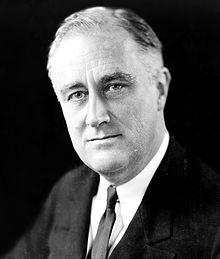 To George Sturgis
To George Sturgis
Hotel Bristol
Rome. October 17, 1937
Without pretending to understand the detail of business or politics, I have long felt that I saw a reason for the troubles and the blankness of the official mind in both directions. The reason, I think, is this: that ideas sometimes stand for things and sometimes for ideas, or in other words for nothing. It is the same difference as in a cheque when there is money in the bank and a cheque when there isn’t. And money itself, in the capatilist and credit system, is only paper money; so that you may perform vast operations with it all in the air, and be surprised at the end when events leave you in the lurch. . . .
In politics paper-money is now called “ideology”, a word that didn’t exist when I was young, but that would be convenient if it were clearly opposed to “realism” (which is also a set of ideas) as being theory spun in the head without control by the facts. Ideology is what dominates in President Roosevelt’s speech. I could have read it here, in the English or French papers, if I had been curious. The Italian papers could hardly have printed it in full without criticism and controversy, which would have been ill-advised. They gave short extracts, and said it was “Wilsonian”. That was enough for me, and I didn’t look it up further; but now I have read the whole and the comments you enclose. It won’t do much harm in America, because there it can pass as a political sermon, with quotations from a bishop and a novelist, who might perfectly well have written the whole of it. But it may increase the confidence with which other ideologists in France and England will hasten to draw cheques on Emptiness.
From The Letters of George Santayana: Book Six, 1937-1940. Cambridge, MA: The MIT Press, 2004.
Location of manuscript: Houghton Library, Harvard University, Cambridge MA
